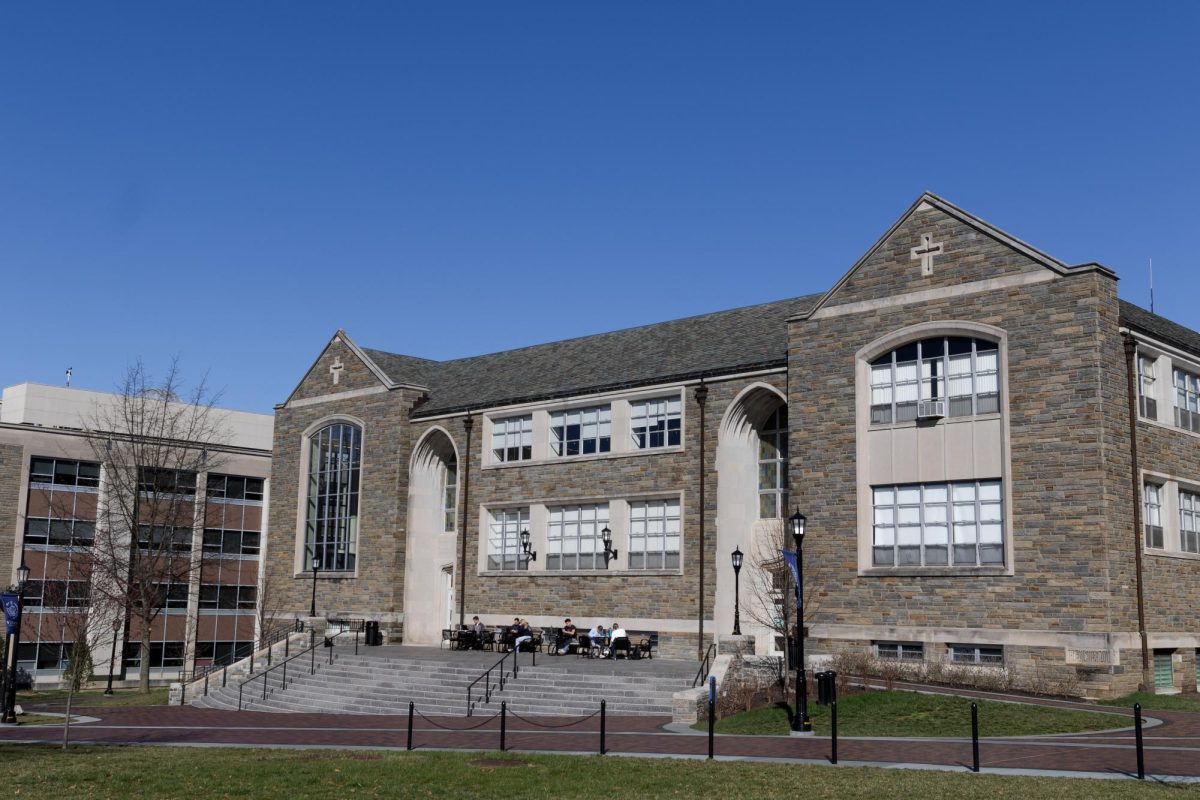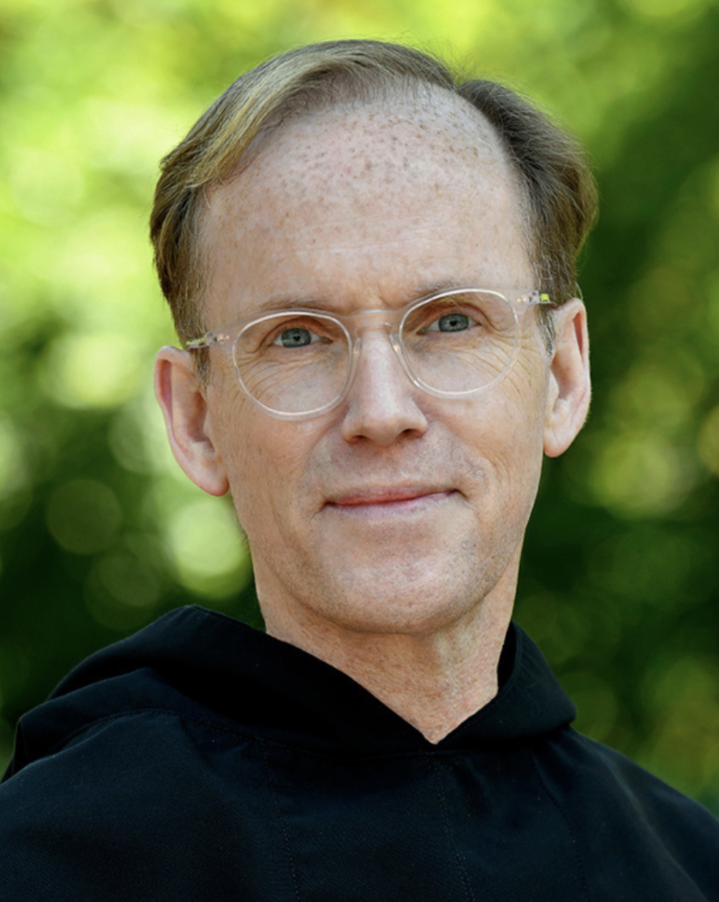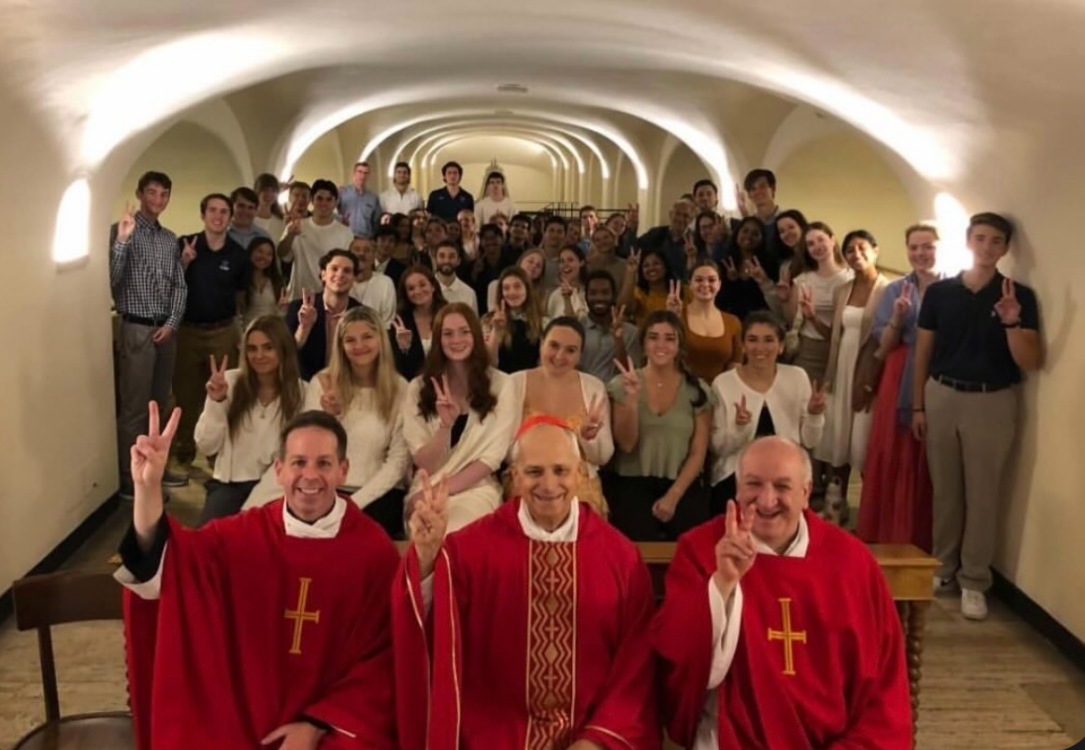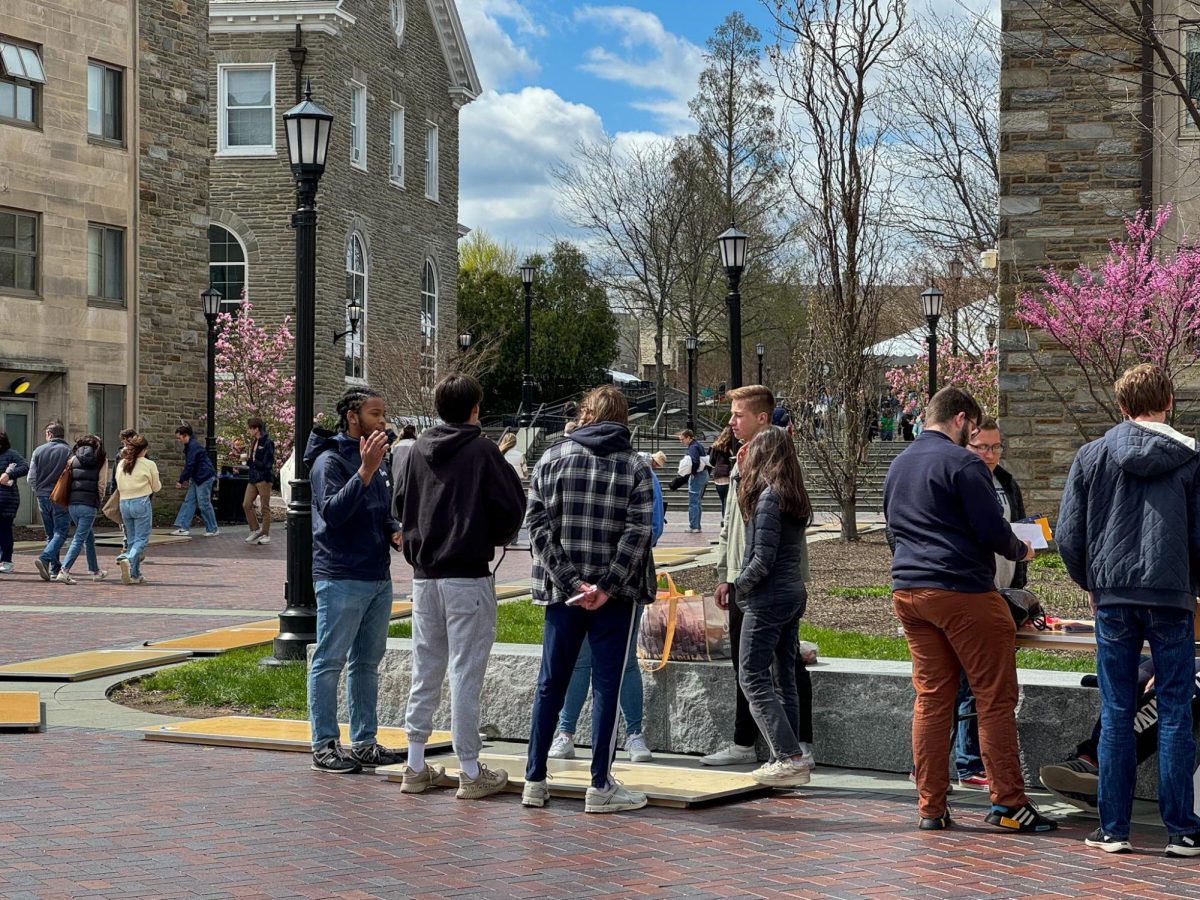On Tuesday, Nov. 12, Dr. Nduka Otiono gave the annual Senghor-Damas-Césaire lecture, titled “Unbound Street Stories in a Diasporic World.” This event is hosted by the Africana Studies Department and focuses on continental Africa and its diasporas.
Chiji Akoma, Ph.D., Chair of the Department of Global Interdisciplinary Studies at Villanova University, began the event by illustrating the background of the annual lecture.
“This lecture is named for three black intellectuals of the French speaking world: Léopold Sédar Senghor of Senegal, Léon Damas of French Guiana and Aimé Césaire of Martinique,” Akoma said.
Akoma then introduced the speaker of the event, Dr. Nduka Otiono, noting his achievements and professional background.
Otiono is an associate professor of African Studies and English and the Director of the Institute of African Studies at Carleton University in Canada. He also was formerly a journalist and general secretary of the Association of Nigerian Authors (ANA). Otiono is also the author and co-editor of several books of creative writing and academic research and a winner of the ANA/Spectrum prize for fiction. He is also published in many top-rated academic journals. His most recent book, DisPlace: The Poetry of Nduka Otiono, is award- winning.
Otiono began his lecture by thanking several individuals and groups, including Olukunle Owolabi, Ph.D., Head of the Department of Global Interdisciplinary Studies at Villanova.
“It is particularly noteworthy to me that Owolabi brings to his role an impressive authority and an impressive achievement that includes the award of the W.E.B Dubois Book Award for his recent monogram Ruling Emancipated Slaves and Indigenous Subjects by the national conference of Black political scientists in the United States,” Otiono said.
Otiono also thanked Falvey Library, Akoma and the audience.
Throughout his lecture, Otiono engaged the audience through storytelling and anecdotes.
“I also typically like to engage my subjects in the most lively way possible, because at heart, I am a storyteller and a poet,” he said.
To begin, Otiono quoted text pertaining to the first time the three individuals that the lecture was named after met.
“But when ‘who am I?’ has to be translated to or as ‘who are we?’ everything changes, especially when the ‘we’ have to define themselves against the world which leaves no room for who, and what they are because they are Black folks…” Otiono said. Otiono connected this text to the title of his lecture, expressing that his goal was to answer the question “who are we?” from a cultural studies perspective, drawing on his background as a Nigerian journalist.
“I’ve had to track some of the most elusive and arguably most important postcolonial texts. Oral narratives,” Otiono said.
These oral narratives served as the basis for his lecture, Otiono using several examples of these stories that he came across throughout lived experience. This study is relatively unique, Otiono added, as many cultural studies focus solely on national narratives to find meaning rather than the oral narratives found on the street.
These oral narratives come in many forms, including rumors, gossip and legends, and can be incredibly important to examine.
“These encode and or decode power relations,” Otiono said. “Such work is particularly important in totalitarian societies of Africa where freedom of speech is tenuous. Everyday people use traditional narratives to convey potentially seditious meaning.”
Later in the lecture, Otiono explained that these stories can also be important for the people that share them, allowing them to comprehend social and political events and make sense of the information they are receiving.
Otiono also illustrated the use of modern technologies to spread street stories around the globe. This can be a way for migrants to connect with their native countries, feeling a sense of home through the stories shared via the internet and social media.
Otiono described the many ways in which government leaders, understanding the power of street stories, attempt to limit their power. One example Otiono used was a billboard urging citizens to stop “pedaling rumors.”
Otiono ended his lecture by reading a few poems from his book, DisPlace: The Poetry of Nduka Otiono.
This lecture was sponsored by the Africana Studies Department, Falvey Library, the Augustine and Culture Seminar Program, as well as the Communication, English, Global Interdisciplinary Studies and Philosophy Departments. This event was ACS-approved and open to the public.







